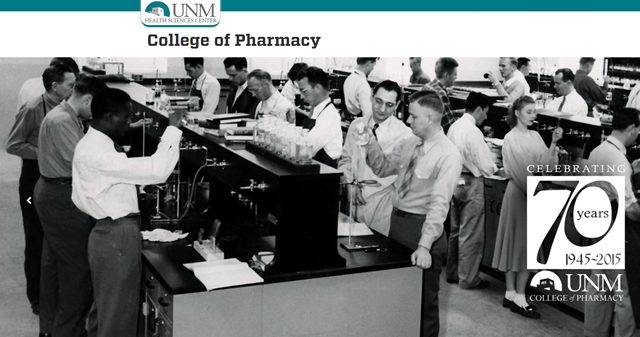
Pharmaceutical Sciences ETDs
Publication Date
Spring 4-12-2023
Abstract
Multiple sclerosis (MS) is a neurodegenerative disease in which the central nervous system’s myelin sheath is degraded by auto-immune cells. Relapse remitting multiple sclerosis (RRMS) is the most common MS phenotype, accounting for ~85% of new diagnoses. Disease modifying therapies (DMTs) are used in RRMS to reduce the frequency of relapses and prevent disability progression. The present study performed a cost effectiveness analysis of three B-cell depleting monoclonal antibody DMTs: ocrelizumab, ofatumumab and rituximab, in comparison to commonly utilized interferon beta-1a (IFN-B1a). A Markov model was created to determine the impact of selected DMTs on the number of relapses, progression to severe disability, severe adverse events and death over a 5-year time frame. Model results demonstrated that all B-cell DMTs retained more patients on therapy than IFN-B1a. In the base case analysis, ocrelizumab and rituximab were both cost-effective, while ofatumumab required a 5% cost reduction to reach cost effectiveness thresholds.
First Committee Member (Chair)
Melissa Roberts
Degree Name
Pharmaceutical Sciences
Second Committee Member
Matthew Borrego
Level of Degree
Masters
Third Committee Member
Louanne Marie Cunico
Department Name
College of Pharmacy
Language
English
Document Type
Thesis
Keywords
Cost-effectiveness analysis, multiple sclerosis, monoclonal antibodies, economic studies, outcomes research, pharmacoeconomics
Recommended Citation
Glover, Sarah. "B-Cell Monoclonal Antibodies for Management of Relapse Remitting Multiple Sclerosis: A Cost Effectiveness Analysis." (2023). https://digitalrepository.unm.edu/phrm_etds/33
